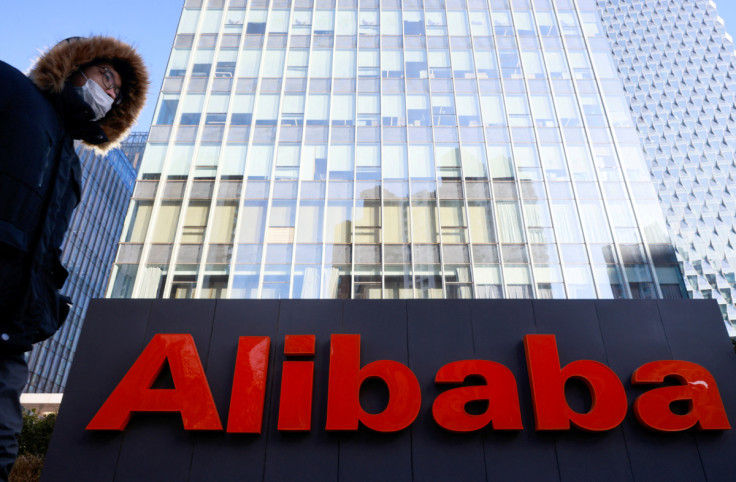Alibaba To Break Up Empire Into Six Units, Seek IPOs

Alibaba Group plans to split its business into six main units covering e-commerce to cloud in the biggest restructuring of its 24 year history, five of which it said will explore fundraising or initial public offerings.
The six units are Cloud Intelligence Group, Taobao Tmall Commerce Group, Local Services Group, Cainiao Smart Logistics Group, Global Digital Commerce Group and Digital Media and Entertainment Group, it said in a statement.
Each of the six will be managed by its own CEO and board of directors.
Daniel Zhang will continue to serve as chairman and CEO of Alibaba Group, which will follow a holding company management model, and concurrently serve as CEO of Cloud Intelligence Group.
Each business group and other investments will retain the flexibility to raise outside capital and seek an initial public offering, it said, with the exception being Taobao Tmall Commerce Group that handles its China commerce businesses and will remain an Alibaba Group wholly owned unit.
Alibaba's US-listed shares rose as much as 8% after the news.
"The original intention and fundamental purpose of this reform is to make our organisation more agile, shorten decision making links and respond faster," Zhang said in a letter to staff seen by Reuters.
Each business group, he said, had to actively tackle the rapid changes in the market and each Alibaba employee had to "return to the mindset of an entrepreneur."
He also said that the company would "lighten and thin" its middle and back office functions, but did not detail job cuts.
News of the restructuring comes one day after Alibaba founder Jack Ma was spotted at a primary school in Hangzhou, marking his first public appearance in mainland China in over a year.
Ma left China in late 2021 just as authorities launched a regulatory crackdown on the country's tech sector.
Ma's stay abroad came to symbolise a reversal of fortunes for China's private sector after his empire and the technology industry were the targets of Beijing's regulatory crackdown.
"It does seem something of a coincidence that this is happening just as Ma seems comfortable returning. To me it suggests something that Alibaba has been wanting to do for some time, but has been waiting for the opportunity to do so," said Stuart Cole, head macro economist at brokerage Equiti Capital.
The restructuring "does inject an element of flexibility and adaptability into the company, which currently is something of a behemoth," he added.
© Copyright Thomson Reuters 2024. All rights reserved.





















